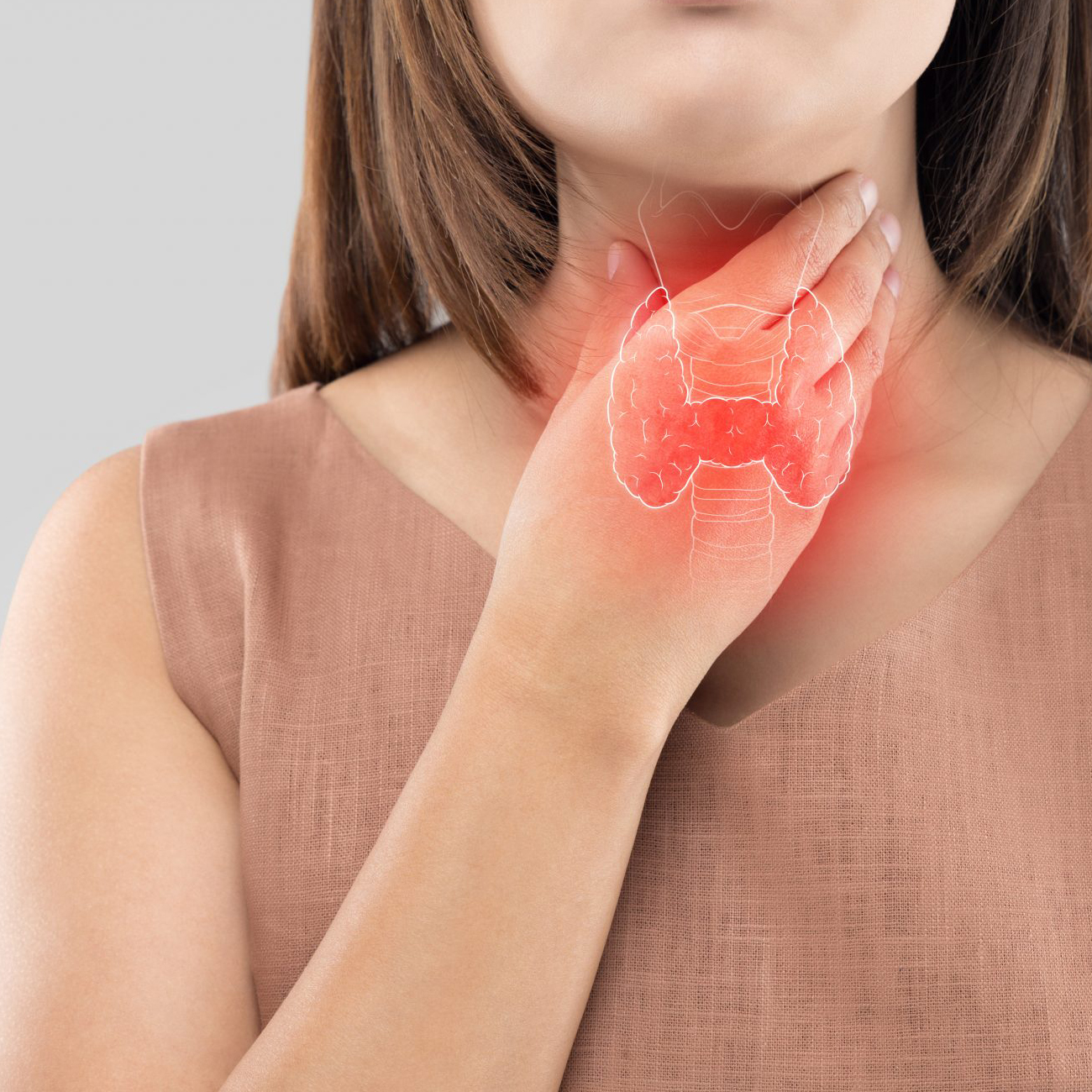FROM FATIGUE TO ANEMIA the dangerous consequences of iron deficiency
Have you ever felt unreasonably tired all the time? Have you experienced apathy, drowsiness, and general weakness for no apparent reason, despite having enough sleep? If so, it is worth examining the level of elements in the body, because iron deficiency may be the cause.





















